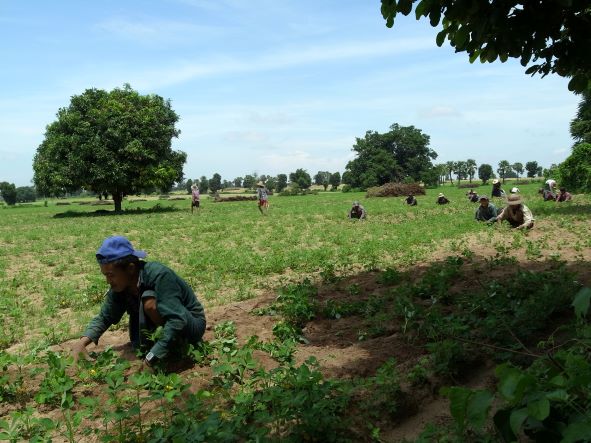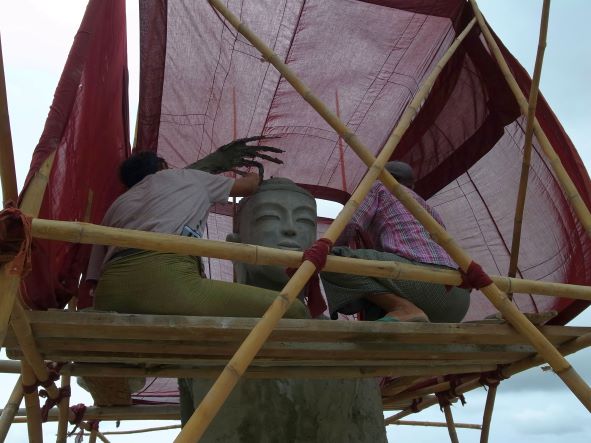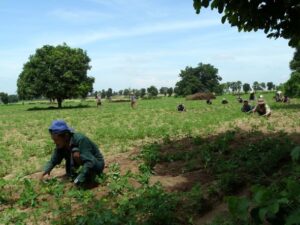Field-based Area Studies by Using Field Stations and Liaison Offices
"A Preliminary Study on the Paradox of De-agrarianization in Southeast Asia"
R4-5 4-1 (R4 AY2022)
| Project Leader | Matsuda Masahiko(College of International Relations, Ritsumeikan University) |
| Collaborators | Tomita Shinsuke(Asian Satellite Campuses Institute, Nagoya University) Hirota Isao(Faculty of Applied Biological Sciences, Gifu University) Yamamoto Sota(International Center for Island Studies, Kagoshima University) Tanaka Koji (Center for Southeast Asian Studies, Kyoto University) Kobayashi Satoru(Center for Southeast Asian Studies, Kyoto University) |
| Research Project | A Preliminary Study on the Paradox of De-agrarianization in Southeast Asia |
| Countries of Study | Indonesia, Cambodia, Thailand, Myanmar, Laos |
Outline of Research
In Southeast Asia, the importance of the agricultural sector and rural areas in the economy and society has been declining since the late twentieth century, which can be understood as part of a process of “de-agrarianization” proposed in previous academic studies. On the other hand, the continuous growth of farming areas and agricultural production, which can be referred to as “agriculturalization,” during the same period has also been apparent. This study aims to examine such paradoxical views of rural Southeast Asia. In this research project, a theoretical framework and hypotheses will be established to gain a comprehensive understanding of the paradox of de-agrarianization and various changes in rural Southeast Asia regarding risk perception and livelihoods among rural residents. In addition, after developing simple indicators to measure some characteristics of rural livelihood and agriculture, a further research plan will be designed to verify the framework.
Purpose of Research, Its Significance and Expected Results, etc.
This study aims to examine the paradoxical views of rural Southeast Asia that both “de-agrarianization” and “agriculturalization” have been seemingly simultaneously occurring since the late twentieth century. A theoretical framework will be established to gain a more comprehensive understanding of the the de-agrarianization–agriculturalization paradox and associated changes in rural Southeast Asia, with a particular focus on risk perception among rural residents.
Previous academic studies have pointed out that smallholders and small-scale farming continue to persist in Southeast Asia, even though more than two decades have passed since a de-agrarianization trend was clearly identified in the region in the 1990s. Such studies have discussed background factors and reasons for the stagnation of de-agrarianization. The present study will focus on the two contrasting changes of de-agrarianization and agriculturalization and examine their possible relations.
Developed countries such as Japan have experienced a general depression of agriculture and rural society, such as a shrinking of the agricultural sector in the economy and a decline of rural communities, mainly due to out-migration to urban areas. However, these trends could differ from the recent changes that have occurred in rural Southeast Asia to date. This study aims to address the uniqueness or site-specific characteristics of contemporary social change and economic development in Southeast Asia. It is a pilot study to upgrade the traditional view of Southeast Asia, which is based mainly on its ecological setting, to an appropriate one for the region’s contemporary reality, where the gap between nature and society continues to widen.



